Romania has long been associated with bloodthirsty vampires, witches and wizards. Thanks to Bram Stoker, Romania’s mysterious lands became famed for dark crafts and fictional creatures. Although some stories are nothing but the result of imagination, Romania is a place of myths, symbolism and strong traditions. Here are some intriguing Romanian traditions which are meant to defeat death, promote love, prosperity and wellbeing.
Romanian Birth Rite of Passage
Baptism
This is a very strong tradition for the Romanian people and practised by pretty much everyone. The midwife plays a fundamental role during the ritual of baptism, as she is the one to take the child to church. She is meant to take a pagan to the church and bring home a Christian.
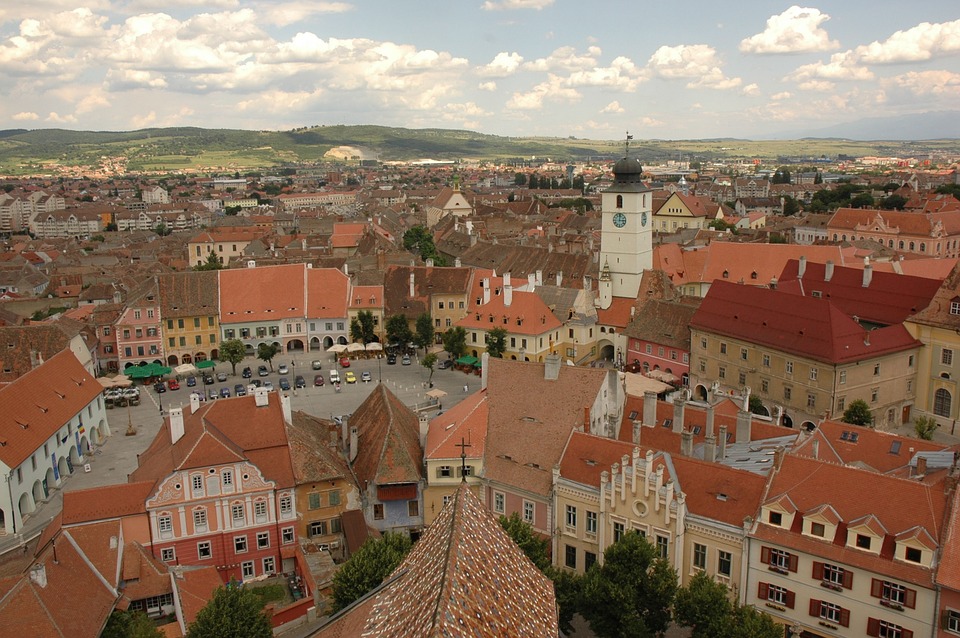
Romanian Wedding Rite of Passage
The term wedding in the Romanian language comes from the latin term “matrimonium”.
During the wedding
No wedding can happen during fasting times or 40 days before Christmas or Easter. It is customary that the parents of the groom ask the father of the bride for his permission before any engagement is to be set. After approval is received, the parents of the groom walk around from house to house, offering celebratory shots of tuica (a Romanian traditional spirit) and bottles of wine. If you refuse to drink, it means you are refusing your invitation to the wedding. Back in the days, a wedding used to be celebrated for 3 days and 3 nights. As with any wedding, the tradition is that a girl is to finally become a woman during her wedding night.
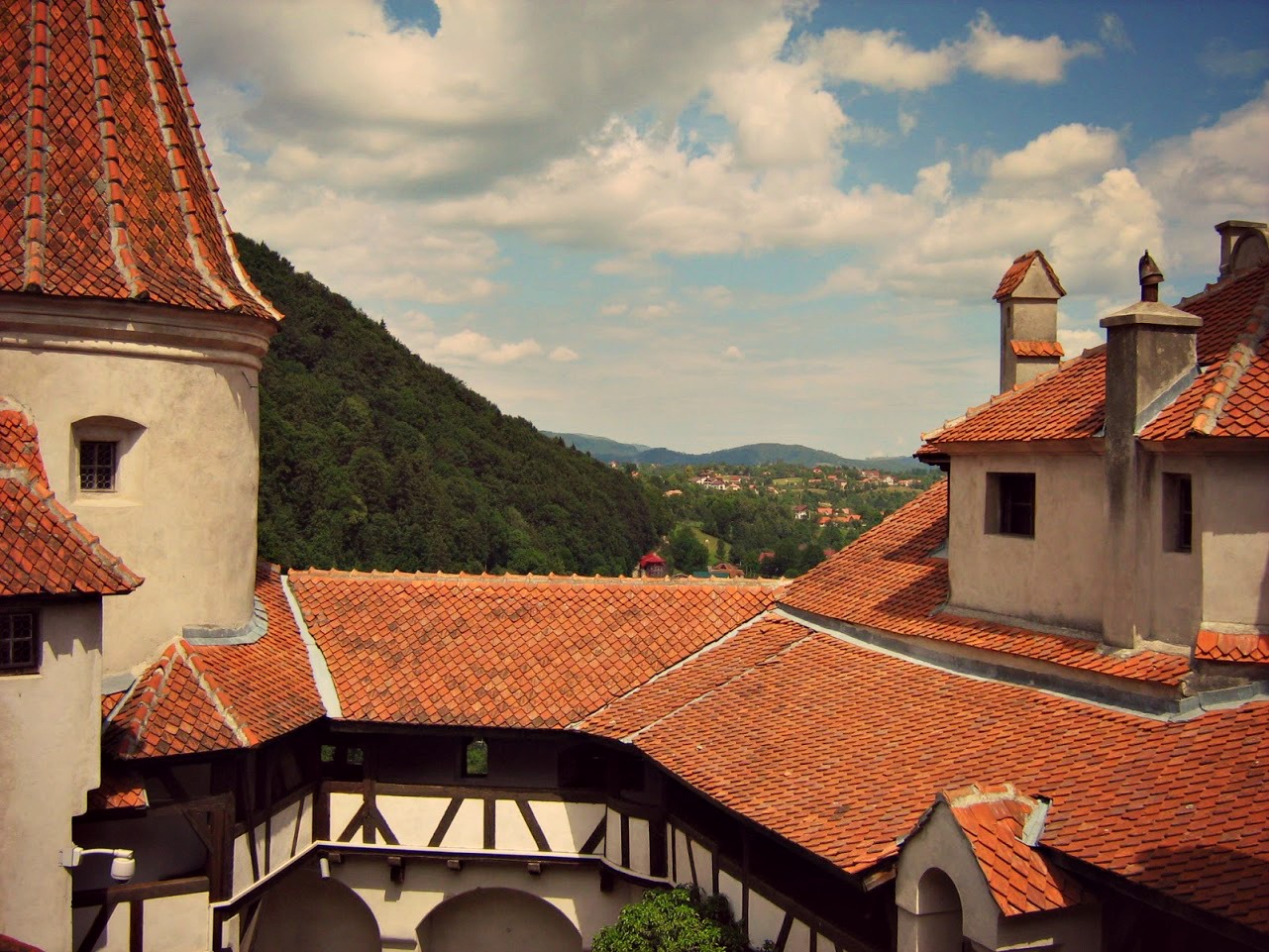
Romanian Death Rite of Passage
The Romanian burial traditions have been passed on for generation and are originated from the Romans. It was customary that one should cut a tree down and position it in the front of the deceased’s house. The tree must not be able to produce any flowers, hence an evergreen is the most widely used for such purposes.
The Cryers
If the family of the dead run out of tears, they can hire what is called a “bocitoare” which translates to a mourner. This woman would go around crying and mourning the dead.
Candles
It is compulsory to keep a candle on for the deceased. This is meant to guide the soul in their afterlife journey. Romanian people have a special day on the 21st of November when prayers are dedicated to those who did not have a candle next to their body when they died. This also applies to those who committed suicide or died far away from their loved ones. The belief is that light will also guide their souls to find their peace in the afterlife.
Communicate with the afterlife
One of the traditions dictates that you are allowed to go to a dead person and have a conversation with them. Since they are about to go onto the “other side”, you can ask them to pass on messages to other dead relatives or friends.
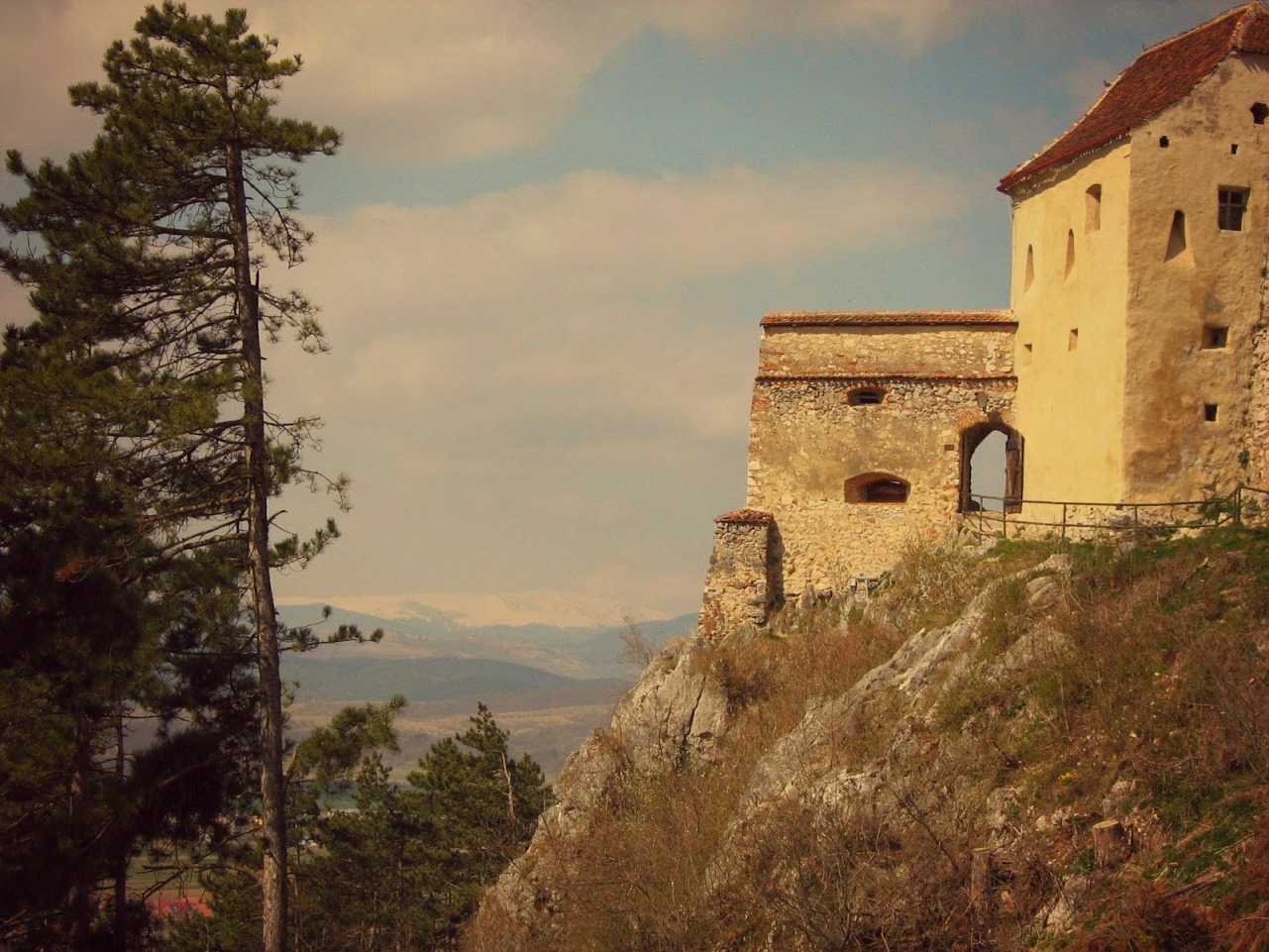
The watch
The “priveghi” (the watch) lasts for three days during which a priest reads out lots of prayers. The dead are carried to the cemetery in an open coffin, in a special car, which must stop seven times. The stops signify Jesus’s stops on the mount Golgotha. If the car containing the coffin must cross water, a canvas is thrown over the waters so the deceased won’t see their own reflection. In doing so, the soul would become trapped in this world, and become a ghost.
Mirror, mirror
All mirrors and items filled with water are to be covered with black canvas for the same reason, so the dead won’t become a ghost.
Funeral
At the cemetery, the priest drizzles the coffin with wine and oil then reads a special prayer. Once it’s all over, everyone goes back home where the relatives of the deceased prepared a special funeral dish called “coliva”. It’s a sweet meal made of pearl barley and it contains sugar and nuts, and usually decorated with a cross.
Alms
As part of the alms, everyone feasts on food. On this occasion, the poor people are given clothes and all sort of items in the name of the deceased. It is said that everything received will be used on the other side. The alms and giveaways are to happen often after the funeral. After a week, then after a month, after three months, six months and one year; finally it is to be repeated yearly.
Tell me about your culture’s traditions and rites of passage. Do you have anything similar to those in Romania? What is the strangest tradition you ever came across?

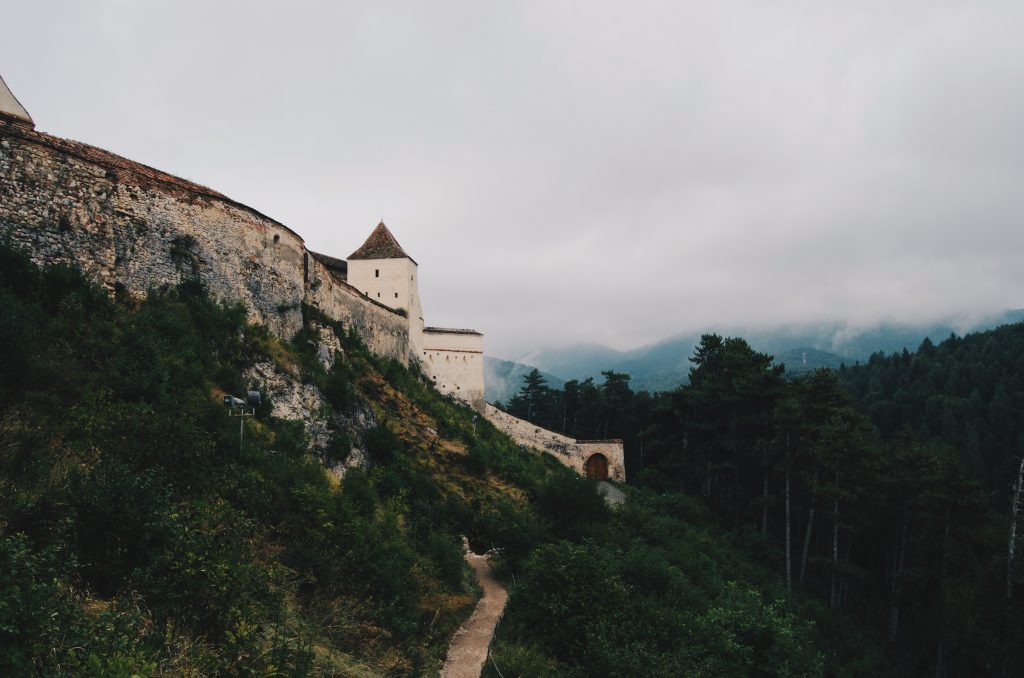
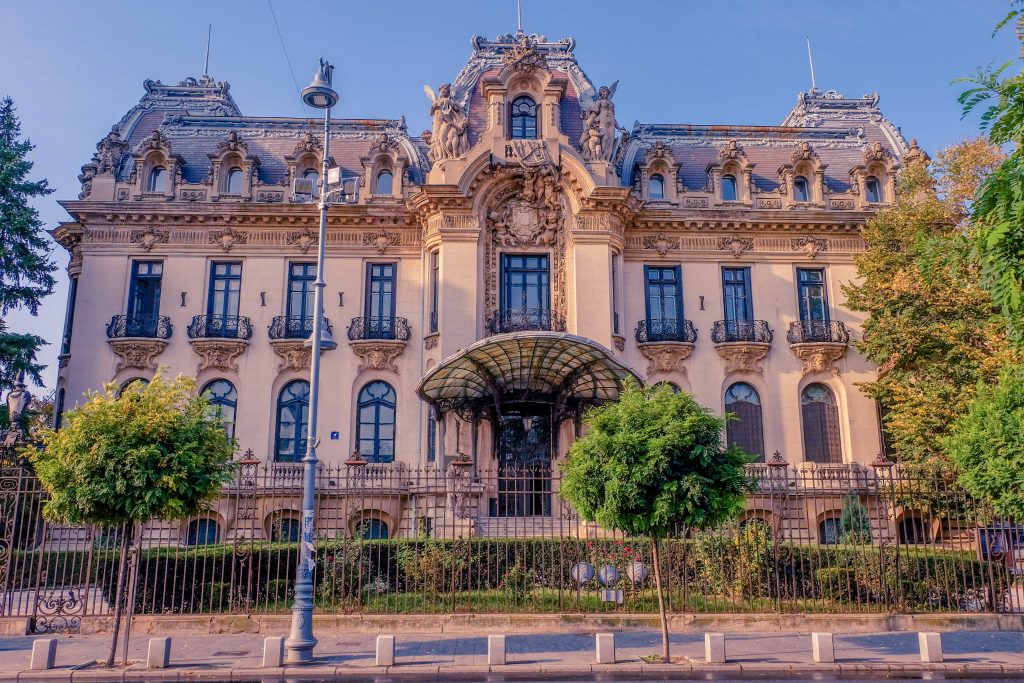
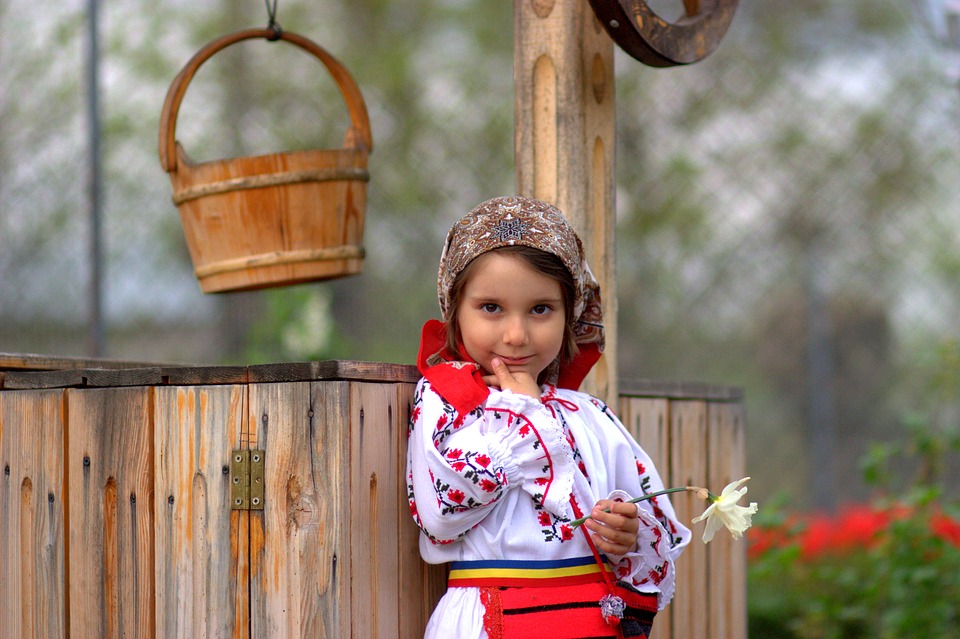

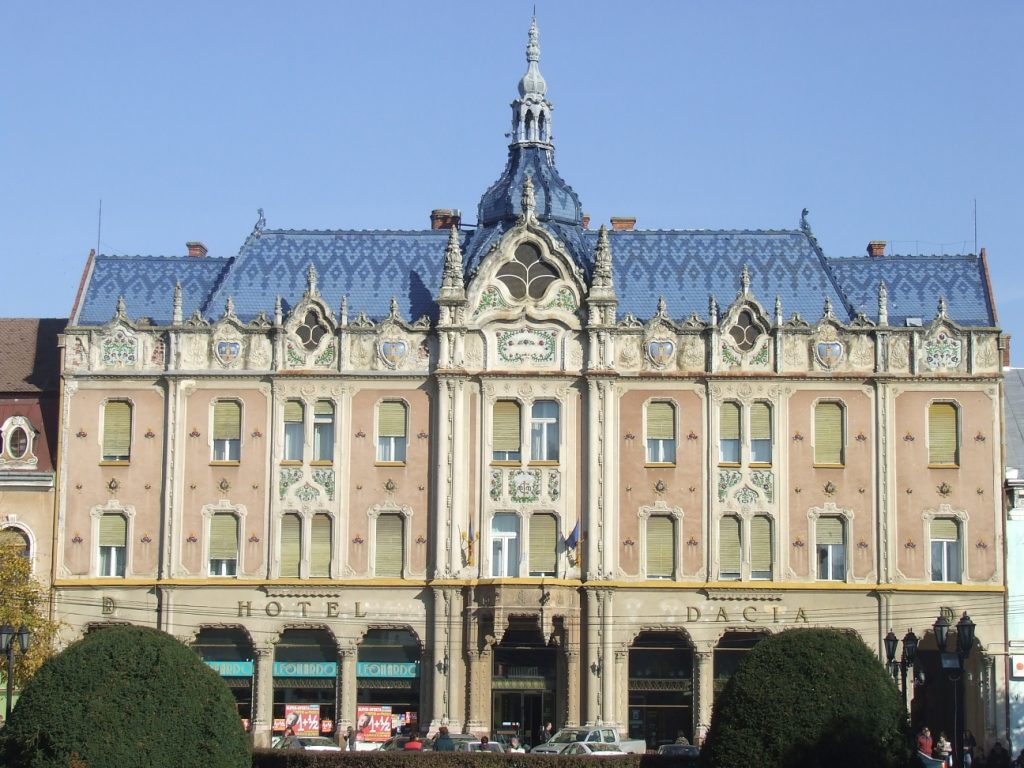
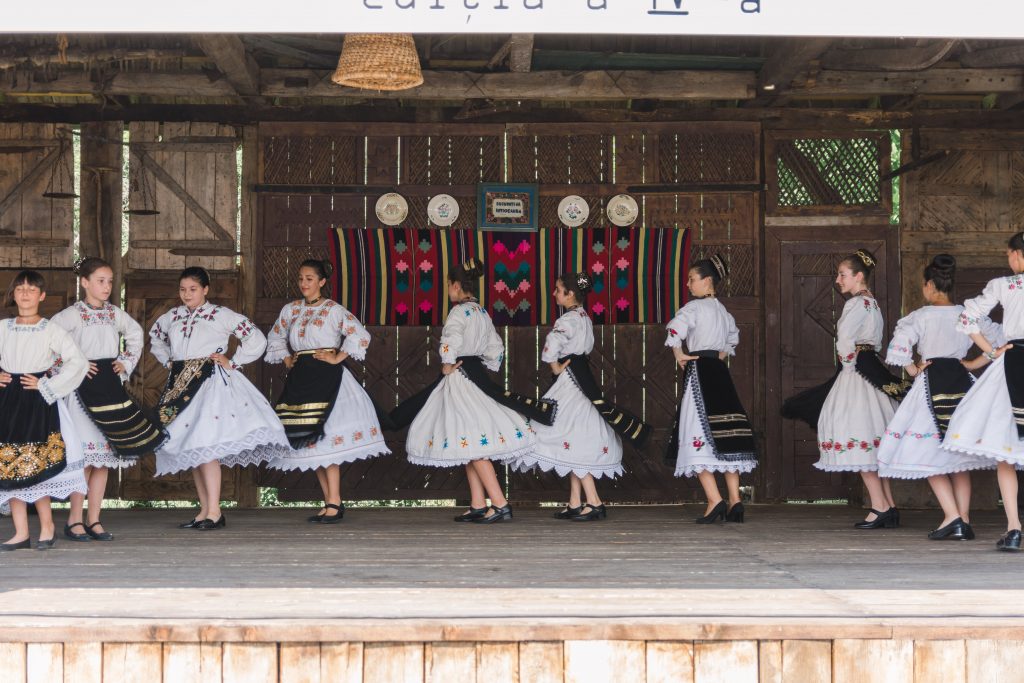
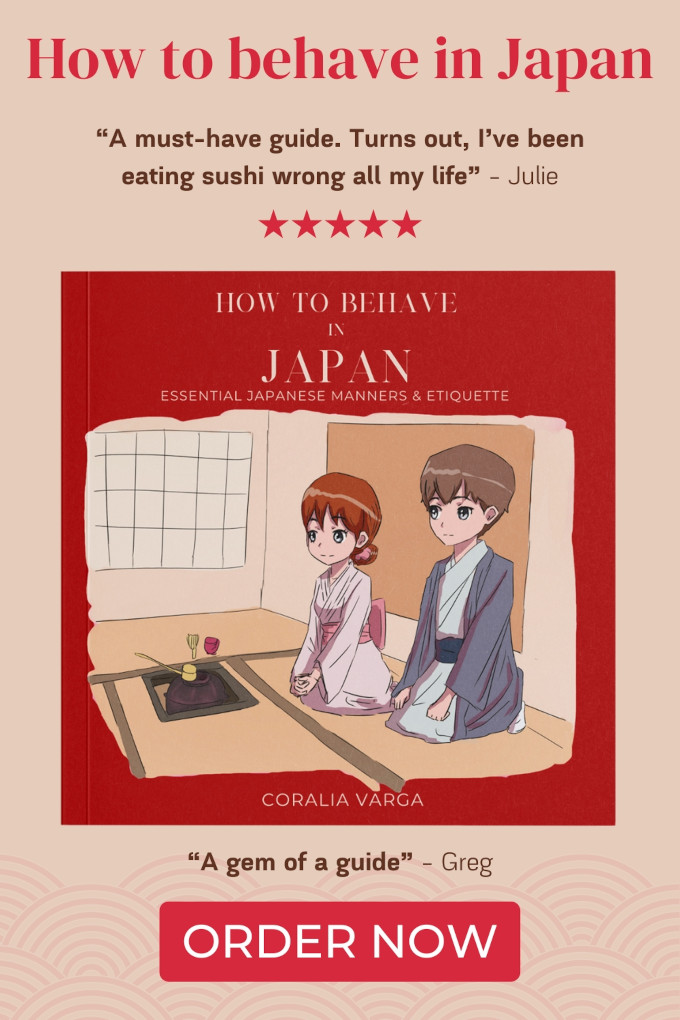

Leave a Reply